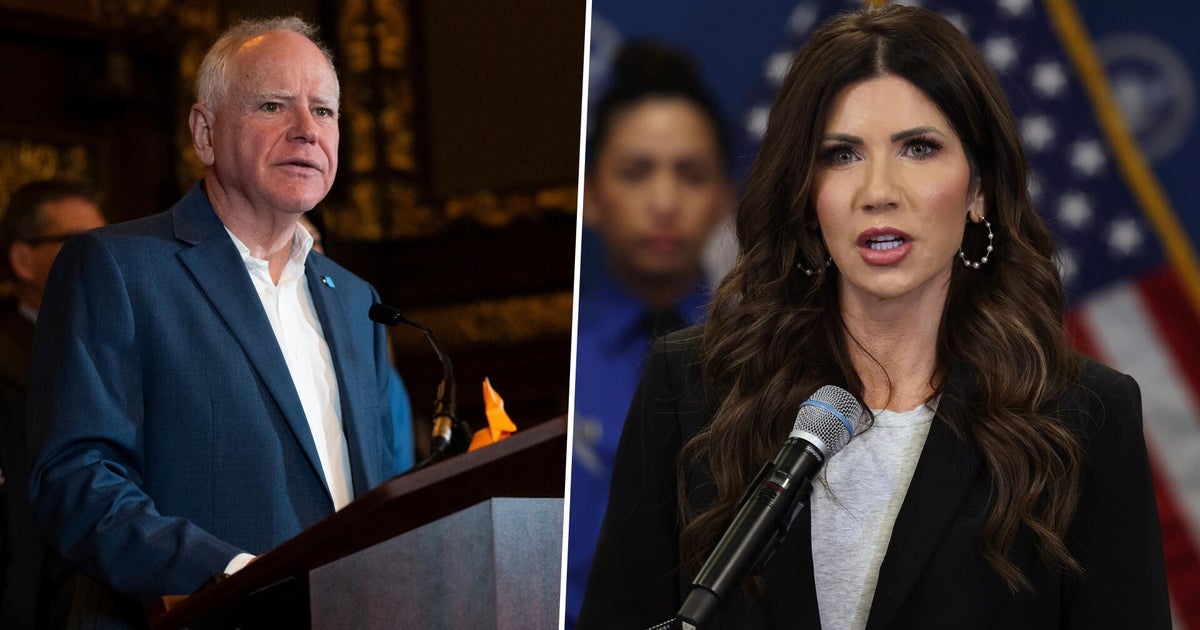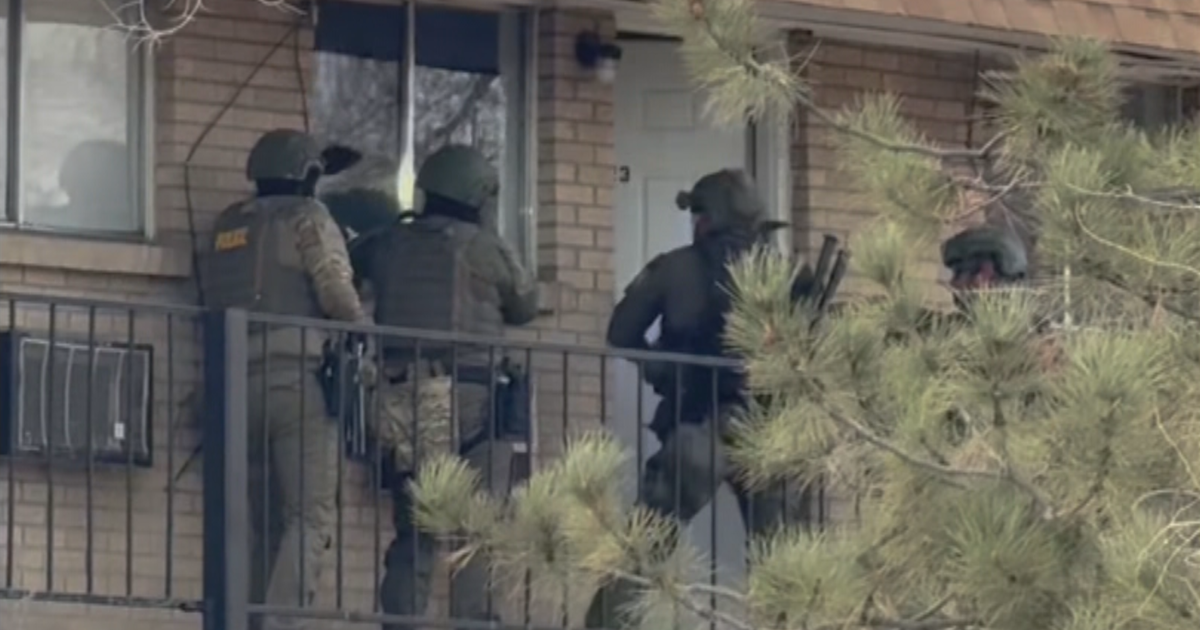What does use of nerve agent in Russian ex-spy attack tell us about who did it?
SALISBURY, England -- British police have revealed the substance used to poison a Russian ex-spy was a nerve agent. News of the nerve agent attack on Sergei Skripal and his 33-year-old daughter, who are both still in critical condition, splashed across headlines, but as soon as the police confirmed it was a nerve agent attack, the main question became -- whodunit?
Britain's home secretary, Amber Rudd, reacted Thursday morning to the widespread speculation that the Russian state was involved, saying, "The use of a nerve agent on U.K. soil is a brazen and reckless act. We will respond in a robust and appropriate manner once we ascertain who was responsible."
One police officer who was among the first to attend to the pair where they were found slumped on a bench also remained hospitalized on Thursday. Rudd said he was awake, "talking, and responding." She said the officer is believed to have been exposed to the same nerve agent as Skripal and his daughter, as he "acted selflessly" to help members of the public.
As CBS News correspondent Elizabeth Palmer reports, just two weeks ago Sergei Skripal was shopping at his local grocery store – not acting like a man who feared for his life.
Arrested in Moscow for spying in 2004, he came to the U.K. six years later and settled down to an apparently quiet life in Salisbury, until Sunday, when he and his daughter were attacked and ended up seriously ill on the park bench in broad daylight. It's a very risky way to try to kill somebody.
"It's not a covert assassination that's taking place here.....Perhaps there are wider messaging issues that are taking place," said former United Nations chemical weapons inspector Jerry Smith.
So someone was trying to send a message. For example, it was a nerve agent was used to kill North Korean leader Kim Jong Un's half-brother Kim Jong Nam at an airport in Malaysia last year.
If it was a military grade nerve agent, says Smith, then probably a state – maybe Russia – was involved, but there's an outside chance a civilian chemist could make something equally lethal.
"The media and our politicians should not go stampeding towards you know, 'it has to be Russia.' It's always Russia. There are many, many other players," said Annie Machon, a former British intelligence officer.
Other players like enemies from Skripal's spying days, with organized crime connections, for example.
"Come on, look at the dark web. You can get anything there now, including very dangerous chemicals," Machon said.




